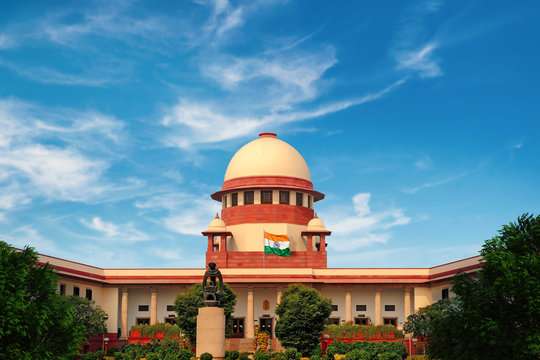During the hearing of the Karnataka Hijab case, the Supreme Court made an oral observation on September 21. According to the bench comprising Justices Hemant Gupta and Sudhanshu Dhulia- “One can also say, this is an opportunity of being exposed to diversity. We have students from all cultures, religions…look at the diversity of the country, be culturally sensitive towards them”.
The bench further asked the Karnataka Advocate General K Navadgi regarding the grounds of restriction the state government took consideration before banning the hijab in pre-college institutions. The advocate general representing the Karnataka government stated that- “The dominant purpose of the government order is to enforce a dress code and discipline. It may have an incidental effect on some other subject”.
The net effect of the orders given by the Karnataka government and the Karnataka High Court of preventing girls from wearing a hijab was criticized by the Supreme Court. In response to the bench, Additional Solicitor General K M Nataraj said- “The state has not said don’t wear hijab. We respect hijab, we respect shawl, everything…It is a simple case of discipline in an institution. No religion or person has been discriminated against. All have been treated equally”.
An executive order was issued by the Karnataka government to ban the wearing of clothes that disturb equality, integrity, and public order in schools and colleges. As per the order, the dress code was to be decided by the College Development Committee or the appellate committee of the administrative board of the pre-university colleges. This order was issued by invoking 133(2) of the Karnataka Education Act-1983 which mandates a uniform style of clothes has to be worn compulsorily. Later on, the Karnataka High Court issued an interim order restraining students from wearing any sort of religious clothes in classrooms, regardless of their faith.
The apex court reserved its verdict on Thursday in this matter.
Earlier, on March 15th March 2022, the order to ban hijab in the state’s educational institutions was upheld by the Karnataka High Court bench consisting of Chief Justice Ritu Raj Awasthi, Justice Krishna Dixit, and Justice J.M. Khazi.














